Looking at present-day Bangladesh through Rokeya’s mirror
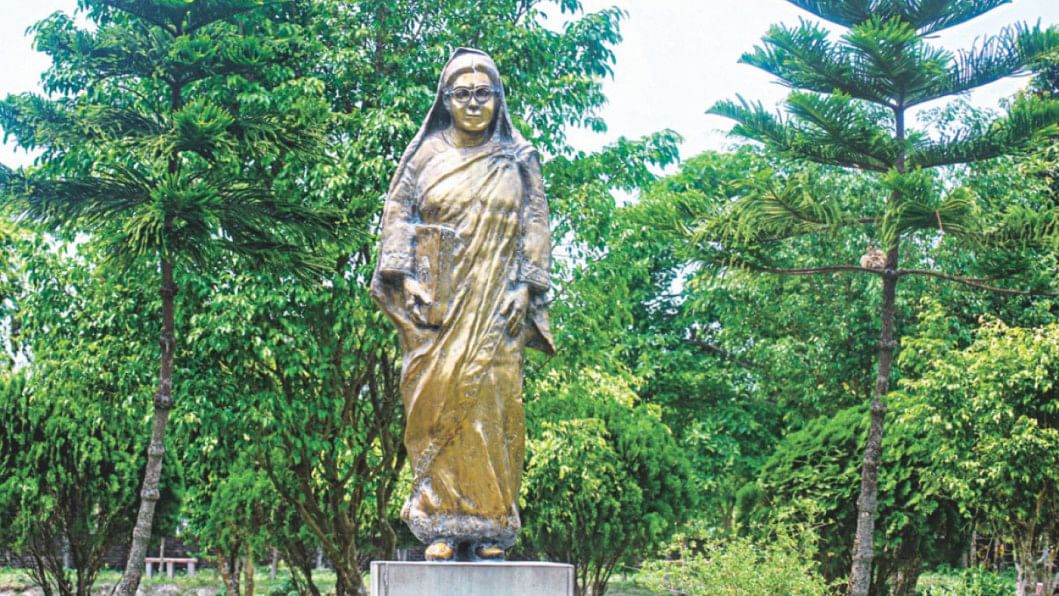
The metaphor of the mirror is commonplace in art and literature. It is a vehicle of self-reflection and offers a particular experience of life. Writers and artists commonly use it to explore themes of quest for the self and others.
In his poem "Before the World Was Made" (1933), WB Yeats uses the expression, "From mirror after mirror, No vanity's displayed." Yeats hints at the non-discriminatory nature of mirrors as they help reveal "everyone's original ground, the original face" without distortion. Referring to Percy Bysshe Shelley's poem "Adonais: An Elegy on the Death of John Keats," Yeats says: When I remember that Shelley calls our minds "mirrors of the fire for which all thirst," I cannot but ask the question all have asked, "What or who has cracked the mirror?"
Yeats stresses the importance of mirrors in artistic thinking, as they define meanings in daily life and delineate human suffering. The metaphor of reflection on mirrors can be used to reveal the cracks of inequalities and injustices in society. Hence, Yeats wants the mirror to remain unimpaired.
In the same way, the metaphor of the mirror is hugely expressive and evocative in Rokeya Sakhawat Hossain's writing. In her essay, "Ordhangi," Rokeya urges her readers to reflect on and review the collective, gender dynamics of society, stating: "Suppose in a certain place there is a big mirror on the east side through which you can examine your whole body from head to toe. The right side of your body is man and the left side, woman. Now stand in front of the mirror and see [how you look like].Your right arm is long (thirty inches) and fat; the left arm is twenty-four inches and thin. The right foot is 12 inches and the left one, very small. The right shoulder is five feet high and the left one, four feet. [Given these imbalances,] the head cannot remain stable; it droops."
Again in "Rani Bhikharini," she challenges her society to stand in front of the mirror, declaring:"Muslim society! Take a look at your face in the mirror. See how you have turned the queens [women] of your society into beggars. In this vast world no country, nation or religion recognised the soul of woman let alone give her rights. It is only Islam that has given woman her legitimate rights; but in the Indian subcontinent the suffering of Muslim woman has reached the final end point."
Rokeya deplores the state of Muslim Bengal that denied women their educational and other rights. In present-day Bangladesh, there are few hurdles in the way of female education and women are showing high achievements in learning activities. But the image on Rokeya's mirror is still crooked and unproportioned. Women do not have equal opportunities to contribute to society and are not safe from domestic abuse, harassment in public transport and sexual misconduct in work-related settings. These are topics for other essays. For now, let us discuss Rokeya's principle of justice from a different angle.

The overarching concern in Rokeya's writing is gender. In feminist discussions, gender injustices and other forms of oppression resulting from perverse, discriminatory socio-political structures are closely related to each other. In this sense it is perhaps worth looking at present-day Bangladesh through Rokeya's mirror.
Rokeya views men and women as one body intrinsically bound. In a similar vein, away from gender binaries, let's regard the entire population of our country as one body. That way we can consider how imbalanced its body parts are. The disproportions in the body parts of our nation are reflected in the gaps between the ruler and the ruled, the privileged and the underprivileged, and the vested interests and the common people.
The disparities between these two mutually exclusive groups are on the increase. A look at the economic inequality may illustrate this point.
The privileged class given to spurious intentions wants us to swim in a sea of complacency by believing that the average per capita income of the people in Bangladesh has now drastically increased to nearly USD 3,000 (only if one forgets that the country's total foreign exchange reserves have continued to fall to an unprecedented low level). The dismal economic condition of the vast majority of the population and the meagre employment opportunities for graduates and other young people do not corroborate the over-publicised economic growth. Nor do they suggest an upward economic trend in the country.
Let us consider Illinois State University distinguished professor Ali Riaz's hypothesis about the government figure of the average per capita income. According to him, if we are required to believe that the per capita income in Bangladesh has increased, a possible scenario can be as follows. It is perhaps the case that while people have experienced an economic downturn and crisis, ruling elites and their affiliates have widened their economic distance from the rest of us to such an unbelievable extent that the accumulation of their (ill-gotten) wealth inflated the statistics of the average per capita income of the entire population.
On other spheres of life, while the ruling party people have limitless freedom of assembly and other rights, such freedoms have become foreign to their political opponents who face stiff headwinds to engage in basic political activities. The government and its yeomen enjoy inordinate freedom to say whatever they want without the need for evidence or veracity, while dissenting voices are contained by Digital Security Act 2018 and other dreadful (legal and non-legal) punitive measures. The ruling party men and state forces bludgeon and harass those who they regard as threats to the perpetuity of the regime, while the rest of the population live in fear.
Under such a dismal state of affairs, celebrating Rokeya Day may sound like an anomaly and a national embarrassment. The key message in Rokeya's writing is the need to ensure justice for all and in all aspects of life that include gender egalitarianism. In a society where justice as a basic principle of the rule of law disappears, all of its disadvantaged sections including women suffer.
Unfortunately, at the national level, we see no meaningful steps from those in power towards toning down their hostile rhetoric and actions, while the political underdogs continue to bear the brunt of the use of force by the former. Under such circumstances, a ceremonial, ritualistic commemoration of Rokeya Day may not do justice to the deep respect we have for this towering writer of the early twentieth century.
In other words, every year, we observe the ninth of December as Rokeya Day to commemorate her birth and death which coincide on the same date. But Rokeya is holding up the mirror to us. Do we – especially those in power – dare to stand in front of the mirror and see what we have done to ourselves as a nation?
Dr Md Mahmudul Hasan contributed to and coedited A Feminist Foremother: Critical Essays on Rokeya Sakhawat Hossain (2017). He teaches English and postcolonial literature at International Islamic University Malaysia. Email: [email protected]

 For all latest news, follow The Daily Star's Google News channel.
For all latest news, follow The Daily Star's Google News channel. 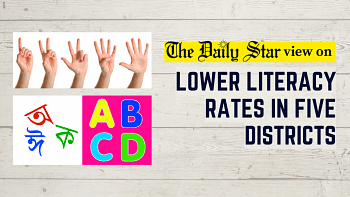
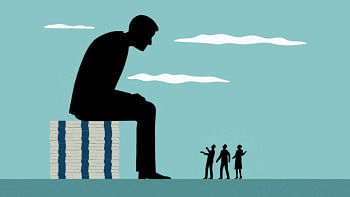


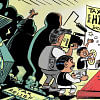

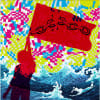

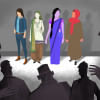


Comments